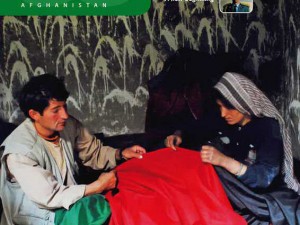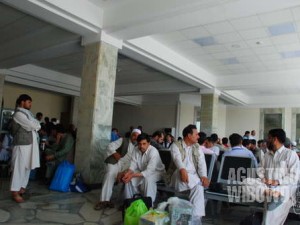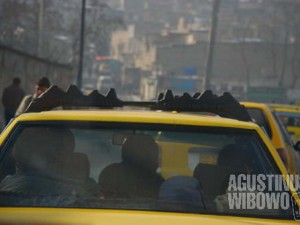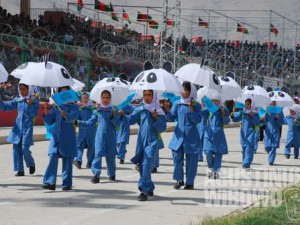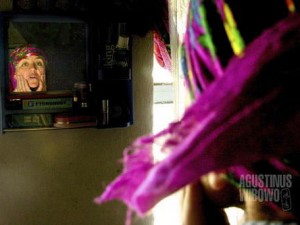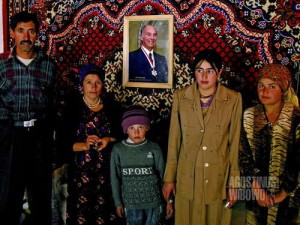Gender Corridor Afghanistan (2008): A New Beginning
Gender Corridor Afghanistan, November 2008 “Gender Corridor Afghanistan” is the publication of Gender Equality Project of UNDP Afghanistan. A NEW BEGINNING Armed men loyal to brutal Afghan warlords set up checkpoints and take what they want – including helpless young girls. Women are often raped before being given or sold to whoever desires a bride. Some who survive and escape can no longer live with their ordeal. They douse themselves in gasoline and set themselves ablaze. “Who can say ‘no’ to a war commander?” asks Naseera Shafi, 26, the Regional Office Coordinator for UNDP’s Afghanistan New Beginnings Programme (ANBP) in the northern Afghan city of Mazar-e-Sharif. “They have guns and power. They do whatever they want. When they see a beautiful girl, they may kidnap her and force her to marry …. It’s not uncommon for a young girl to marry an old man under these conditions,” Naseera says. The ANBP aims to create new opportunities for peace and security in the [read more]

